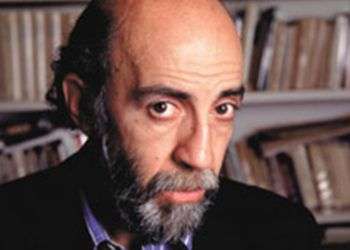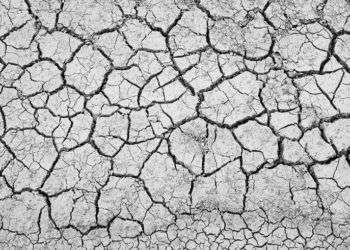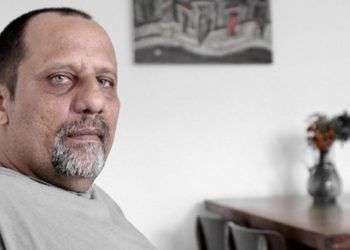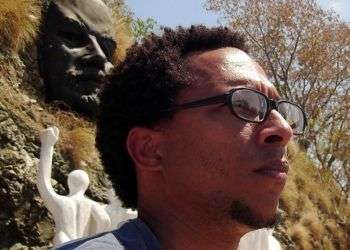Keep on reading: Exchange of imaginaries
Now that hundreds of thousands of Cubans are dreaming of Barack Obama (dreams that are, should be, distressing nightmares for some), I suddenly remembered the Obama writer. The one who in ¨Los sueños de mi padre¨ said: "In the beginning, my intention was to write a very different book." The phrase is at the beginning of the book. Nearing the end of ¨La arquitectura del fantasma¨, autobiography-collage by Argentine writer Héctor Libertella, I read: "What I wanted to tell here maybe it was something else." How many things cannot be counted on the distance, on the space that opens itself like a black hole between these two sentences at first sight so similar, almost equivalent? What in the future head of the White House -those memories of himself were not even remotely presidential, but, undoubtedly those of becoming a presidential candidate- already resonates with a warm eco of seduction, openness, security and farsighted lucidity, and with the inevitable melody of the American dream behind, in the author of ¨La Libreria Argentina¨ and ¨El Arbol de Saussure, ¨ -that volume that as he tells us, some booksellers accommodated in the section of linguistics and others in the narrative one-is pure dislocation,...












